Invited Speakers

Ryan Hernandez
Ryan Hernandez is a Professor in the Department of Bioengineering and Therapeutic Sciences at the University of California San Francisco. He is also a core member of the Institute for Human Genetics, Bakar Computational Health Sciences Institute and the Quantitative Biosciences Institute. His lab studies population genetics and computational/statistical genetics using large-scale genomic data, with an emphasis on using evolutionary thinking to understand the genetic architecture of complex traits across diverse human populations. Ryan is the Director of the Biological and Medical Informatics (BMI) graduate program, the Director of the UCSF Initiative for Digital Transformation in Computational Biology and Health Data Science, and co-Director of the Post-baccalaureate Research Opportunities to Promote Equity in Learning (PROPEL) training program. Ryan has been committed to improving diversity at all rungs of biomedical sciences, particularly in biomedical informatics. In particular, Ryan recently co-founded a post-baccalaureate research training program at UCSF (PROPEL) to provide the training opportunities that individuals from historically excluded backgrounds need to be highly competitive for PhD and MD-PhD programs. In its inaugural year, the program is supporting the development of 54 diverse scholars.
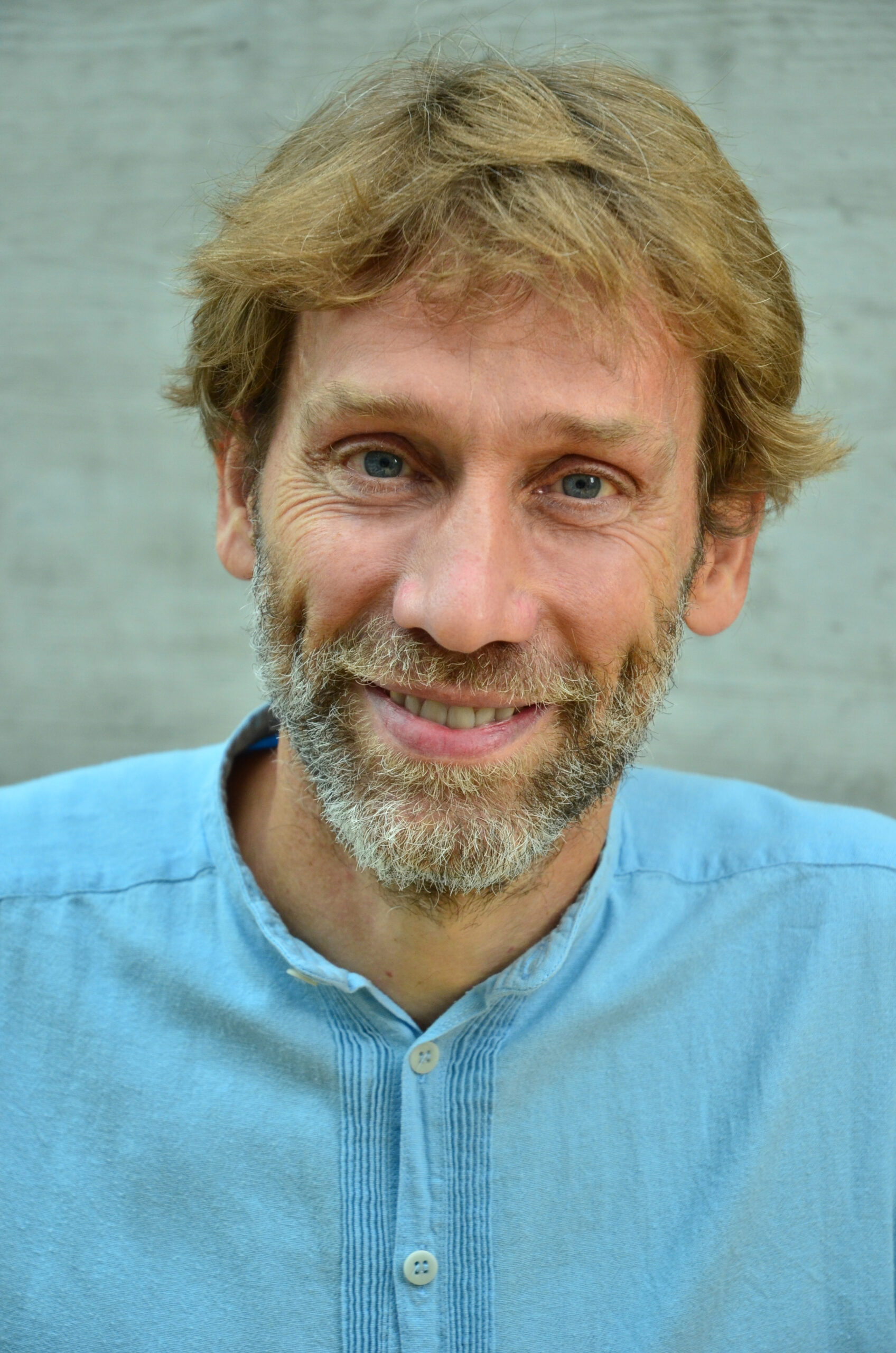
Magnus Nordborg
Magnus Nordborg is Scientific Director of the Gregor Mendel Institute and a Senior Group Leader focusing on population genetics. His lab uses a combination of computational biology together with lab and field work to understand how and which DNA differences are responsible for differences between individuals. Magnus is internationally recognized as a pioneer in the use of genome-wide association studies to study patterns of natural variation in non-human organisms. He is a Fellow of the American Association for the Advancement of Science and a Corresponding Member of the Austrian Academy of Sciences.
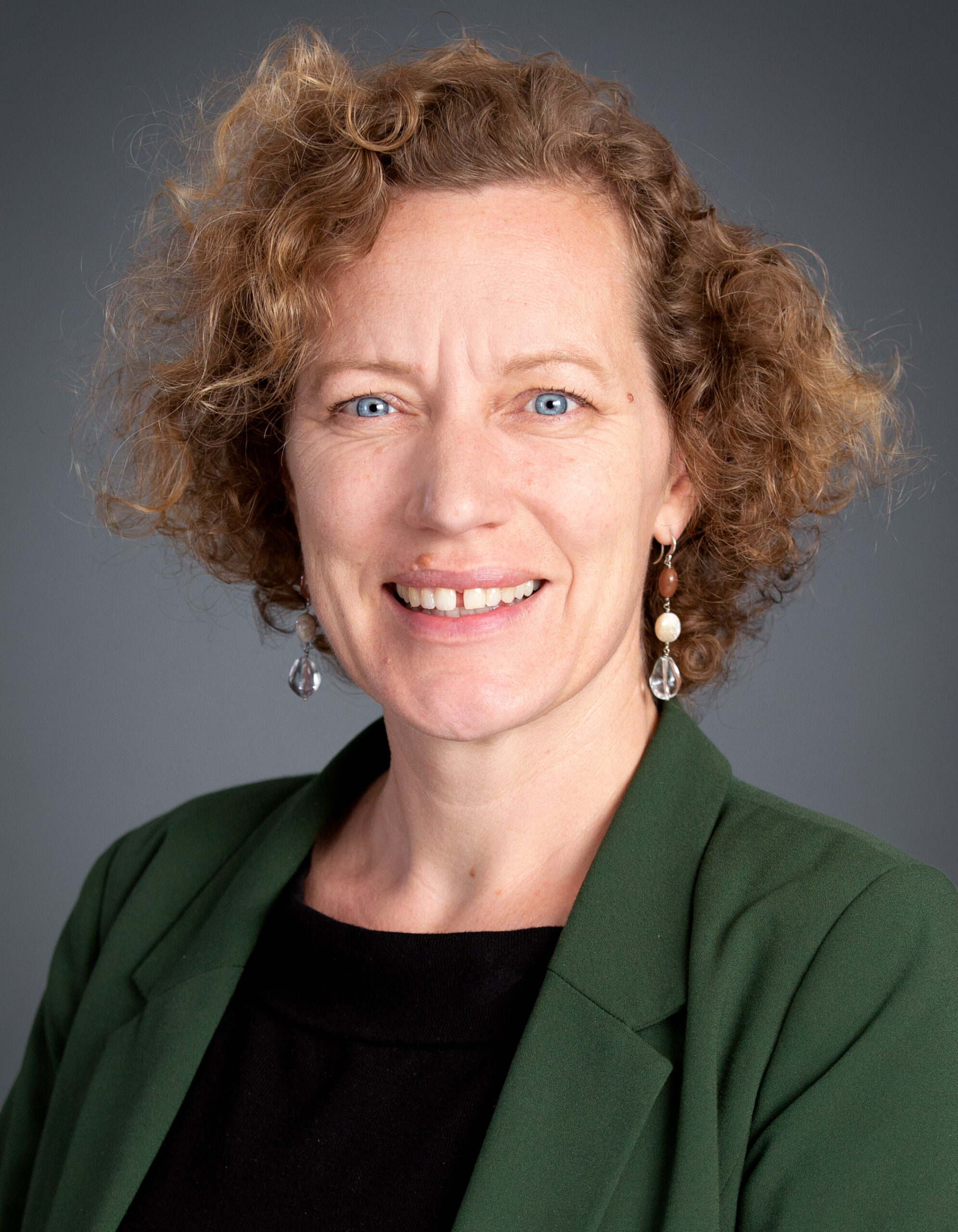
Pleuni Pennings
Pleuni Pennings is an Associate Professor of Biology at San Francisco State University (SFSU). Her lab studies the evolution of drug resistance in viruses and bacteria, often using publicly available datasets on patients in clinical trials or cohort studies. This approach has provided unique insights in the within-host evolutionary dynamics of HIV. Over the last seven years, Pleuni has been involved in the creation of several programs at SF State University to increase the number of biology and biochemistry students that learn coding and data science skills. She and her colleagues work hard to make sure that all their computational classes and programs are welcoming to students from groups underrepresented in (computational) research. They run two part-time summer programs and the following academic programs: the PINC minor (CS for undergrads), the GOLD certificate (data science for MS students), and the gSTAR certificate (biotech/ML for Bio/Chem/CS students), with support from NSF and Genentech. Together, these programs now reach about 200 students each year. The success of these programs shows that biology students at SFSU, which are majority women of color and include many first-generation students, are very interested and highly successful in learning computational skills—we just need to create more inclusive classes that speak to more students.
Session Chairs
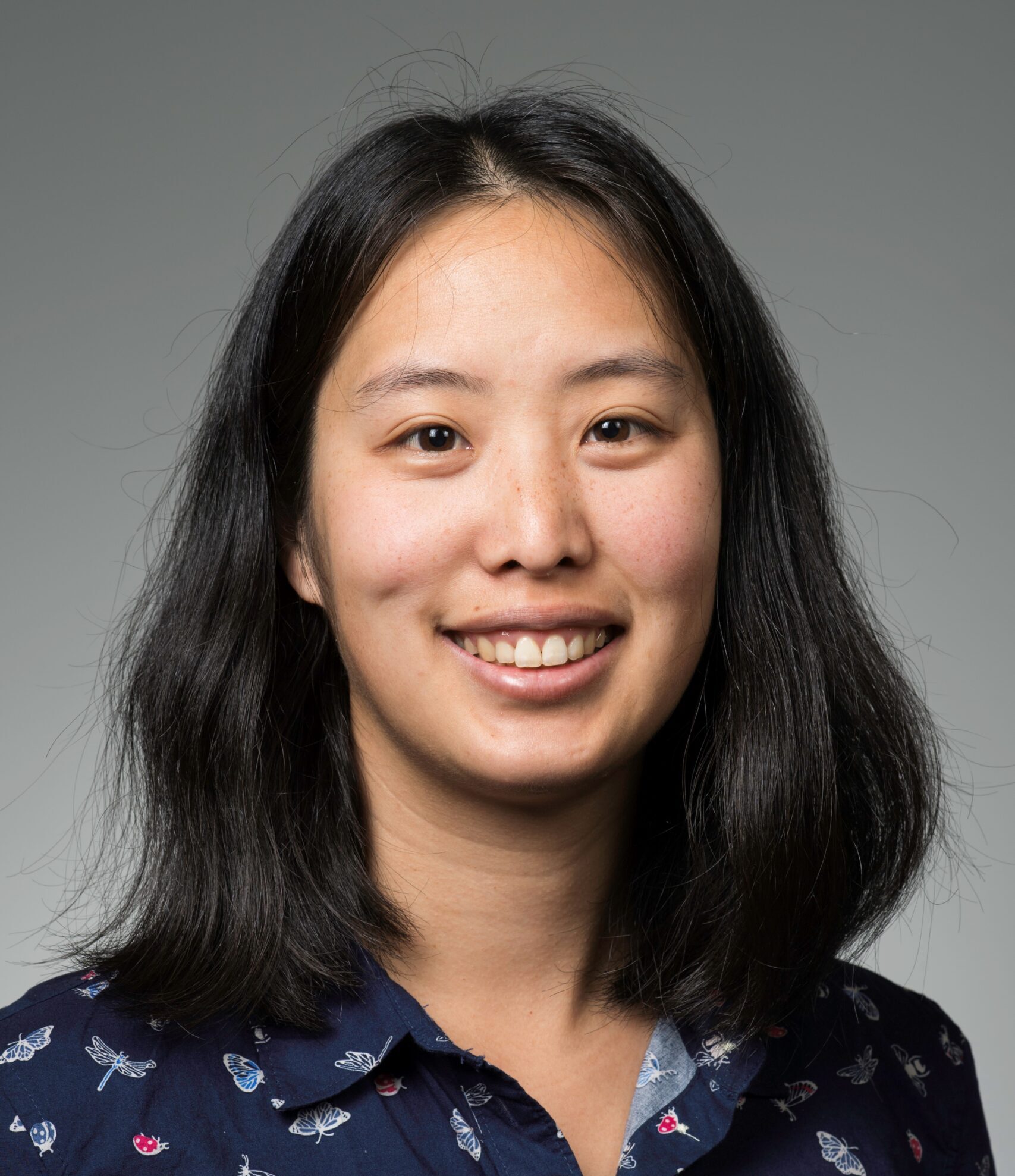
Nancy Chen
University of Rochester
Nancy Chen (she/her) is an Assistant Professor in the Department of Biology at the University of Rochester. Her lab studies the evolution of natural populations over short timescales. Their goal is to understand the contributions of different evolutionary forces in shaping patterns of variation across the genome through space and time and to link genetic variation to variation in individual phenotypes, fitness, and, eventually, population dynamics. Her lab approaches these questions by combining evolutionary genomics with extensive pedigree and phenotypic data from long-term field demographic studies.

Lorin Crawford
Microsoft Research New England
Lorin Crawford is a Senior Researcher at Microsoft Research New England and the RGSS Assistant Professor of Biostatistics at Brown University. His lab develops scalable machine learning algorithms that uncover how non-additive genetic variation affects the architecture of complex traits and contributes to disease etiology. As a group, they look to provide innovative tools that better address key computational hurdles faced when analyzing and dissecting genotypic and phenotypic variation.
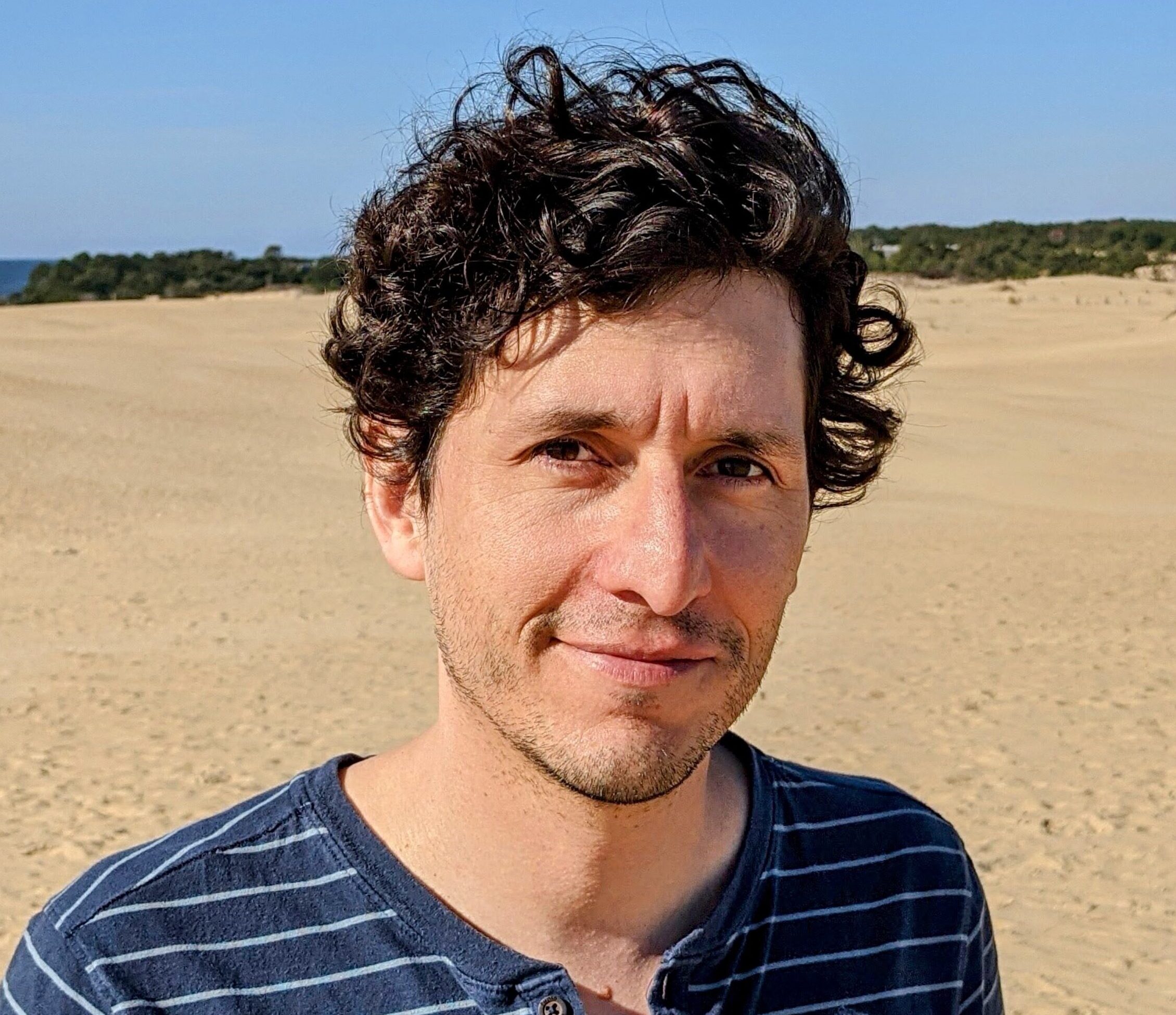
Rafael Guerrero
North Carolina State University
Rafael Guerrero is an Assistant Professor at North Carolina State University. His group uses a combination of computational approaches and genomic data analyses to understand the interacting evolutionary forces that shape diversity in nature. Current projects in the lab include testing hypotheses of sex-chromosome evolution in plants, exploring the effect of network topology on the accumulation of hybrid incompatibilities, and the development of computational resources for the analysis of chromosomal rearrangements.
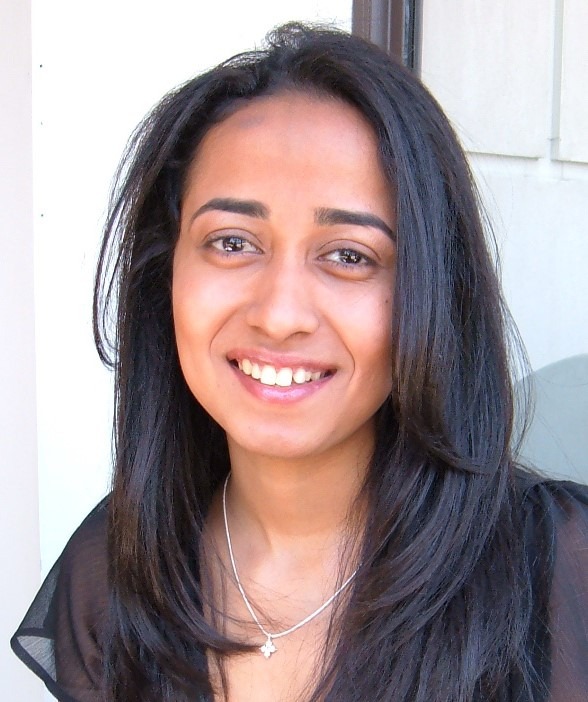
Priya Moorjani
University of California, Berkeley
Priya Moorjani is a population geneticist. She uses population genetics theory, large-scale data analysis, and statistical modeling to study human history, evolution, and disease. A central goal of our research is to understand evolutionary history and its impact on human adaptation and disease. To this end, we use genetic data from ancient specimens and present-day individuals to study the processes that have shaped genetic variation (mutation and recombination), reconstruct evolutionary events (selection, founder events, and admixtures), and identify key genetic variants related to adaptation and disease in humans and other species.
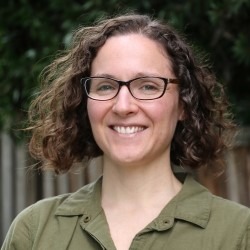
Rori Rohlfs
San Francisco State University
Rori Rohlfs is an Assistant Professor of Biology at San Francisco State University. Her lab studies how genetic variation and subsequent molecular mechanisms contribute to diversity within and between species, as well as the social impacts of technologies based on genetic variation. This manifests as three lines of research: 1) investigating the reliability and impact of forensic genetic technologies; 2) applying statistical models to study the evolution of genome regulation; and 3) clarifying how systems of oppression influence science and attempting to improve social justice within science.
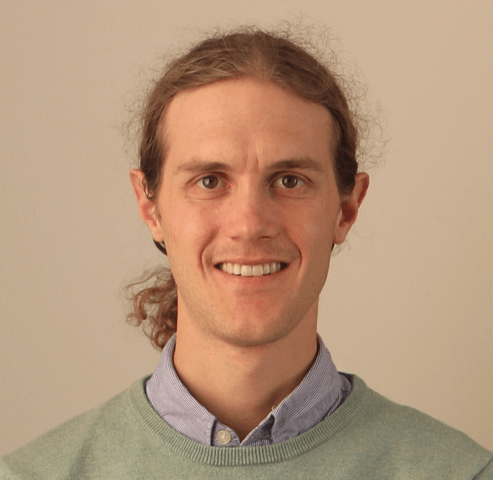
Daniel Runcie
University of California, Davis
Daniel Runcie is an Assistant Professor in the Department of Plant Sciences at the University of California Davis. Projects in his lab span the range from wildflowers to crops and from gene expression to field-level physiology. Their central goal is to develop and apply methods to dissect genetic mechanisms that underlie the adaptations of plants to the variation in their environments.
